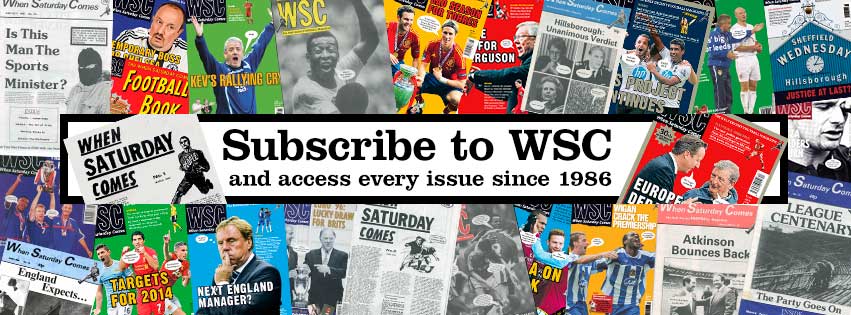After more than 600 appearances in red and white hoops the 37-year-old shows no sign of slowing down, but his club legend status has long been secure
7 January ~ It’s difficult to imagine Doncaster Rovers without James Coppinger, who has been an all but permanent fixture in the side throughout his long stay. A new stadium, several managers, a cup win, promotions, relegations, joy and despair – Coppinger has experienced it all with one club. From the golden era of continuity and enterprising progress under Sean O’Driscoll to a complete abandonment of those principles, which resulted in a fractious dressing room and a swift decline. For better or worse, it’s rarely been dull.
Coppinger’s eventful association with Rovers started back in May 2004, when he completed a £30,000 move from Exeter City where financial woes led to relegation out of the Football League. In contrast, Doncaster seemed a much more stable and well-run club, already on a steep upward trajectory. “They’d just had back-to-back promotions and I immediately warmed to the chairman, John Ryan. His enthusiasm and love for Doncaster was massive. I wanted to use the two years at Exeter, which had been really disappointing, as a springboard to restart my career.”
A clear identity and a technical style of play had underpinned Rovers’ rise, and would continue to do so during O’Driscoll’s time in charge. It suited Coppinger perfectly and he played a major role in achieving promotion to the Championship via the play-offs at the end of his fourth season, with a hat-trick in the semi-final second leg destruction of Southend United.
Together Coppinger and Rovers scaled new heights, their individual stories becoming ever more closely entwined. “I never envisaged that I’d still be here 15 years on,” he says. “The first eight or nine years were arguably the best in the club’s history, with Sean O’Driscoll taking us to the Championship and then having four consecutive seasons there playing some great football. It was an absolute pleasure to be part of.”
The sacking of O’Driscoll in September 2011 was a turning point as the club explored another, more controversial, means of competing against wealthier rivals. They enlisted an agent, Willie McKay, to guide their transfer policy. Many of his clients, including El Hadji Diouf, Habib Beye and Pascal Chimbonda, soon arrived, but a lack of unity undermined their survival effort. “The whole dynamic of the football club changed. We had a lot of players that came in and we didn’t really gel. It was almost like two separate teams. We never got going at all and obviously got relegated. It was difficult because it felt like you couldn’t affect anything. It was taken out of your hands.”
The McKay experiment contributed to Coppinger’s temporary departure, on loan to Nottingham Forest, the following season. Moved on to make room for more signings, he returned to help inspire the club to promotion, secured in the last seconds of an unforgettable final day. Deep into added time, Brentford missed a penalty that would have seen them go up at Doncaster’s expense. Rovers then broke up the pitch to score, clinching the title. “To play in the last game and score the goal that won us the league was a great end to a turbulent season,” he says. Although Rovers’ fortunes have continued to fluctuate ever since, Coppinger has remained a reassuring constant. After so long wearing the No 26 shirt, it wouldn’t feel right to see anyone else do so. He broke the club’s all-time appearance record in 2015 and has continued to build steadily on his total.
Coppinger’s place in the history books is assured but the 37-year-old isn’t finished yet. Having surpassed the 600-game mark, a return to the Championship is next in his sights. When he does finally call it a day, he will do so as a Doncaster Rovers legend, a key figure in the most significant and successful period in the club’s history. “The supporters have backed me to the hilt,” he says. “I’d like to think I’ve given them a lot of memories and moments to get excited about. The people are so nice and it makes you feel really special. It makes me quite emotional talking about it because I’ve never really thought about the end and about what Doncaster does mean to me. It means the world.” Sean Cole
This article first appeared in WSC 382, January 2019. Subscribers get free access to the complete WSC digital archive – you can find out more here
